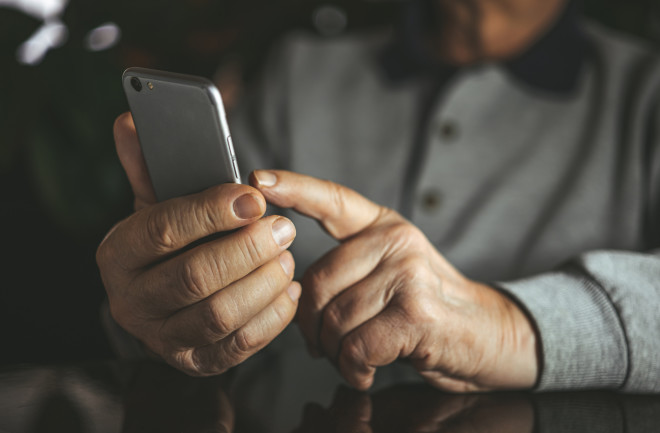The argument that social media decreases our social interactions is a popular one, but is it really true? According to Jeffrey Hall, a professor at the University of Kansas, there is little evidence to support this notion. In fact, social media use has been on the rise in recent years, with an estimated 72 percent of adults in the U.S. using at least one platform in 2021. This trend is not limited to younger generations, as adults aged 65 and older are the fastest-growing demographic of social media users. The majority of Americans also use social media daily, with 70 percent logging on to Facebook at least once a day. These statistics suggest that social media is not displacing face-to-face interactions as much as some argue.
To further investigate this topic, Hall and co-author Dong Liu conducted a study analyzing government data on face-to-face communication in Australia, the U.K., and the U.S. They found that all three countries experienced a decline in real-world social exchanges, even before the COVID-19 pandemic. However, they concluded that social media cannot be blamed for this trend. In fact, they found very little evidence of a causal link between social media use and declining in-person socialization.
So, if social media isn’t to blame, what is causing this decline in face-to-face communication? Hall and Liu suggest that the rise of social media is happening at the expense of more traditional media use, such as radio or television. People may also be reallocating their time from work or household chores to social media. While these changes may have negative consequences, such as feelings of loneliness, it’s important to note that one quality conversation per day can greatly increase well-being.
In conclusion, the belief that social media is making us less social may not hold true. While social media use has indeed increased, there is little evidence to suggest that it is displacing face-to-face interactions. The decline in in-person socialization may have other underlying causes, and it’s important to consider the potential consequences of rising social media use. So, every now and then, it may be beneficial to take a break from social media and engage in more traditional forms of socialization.
